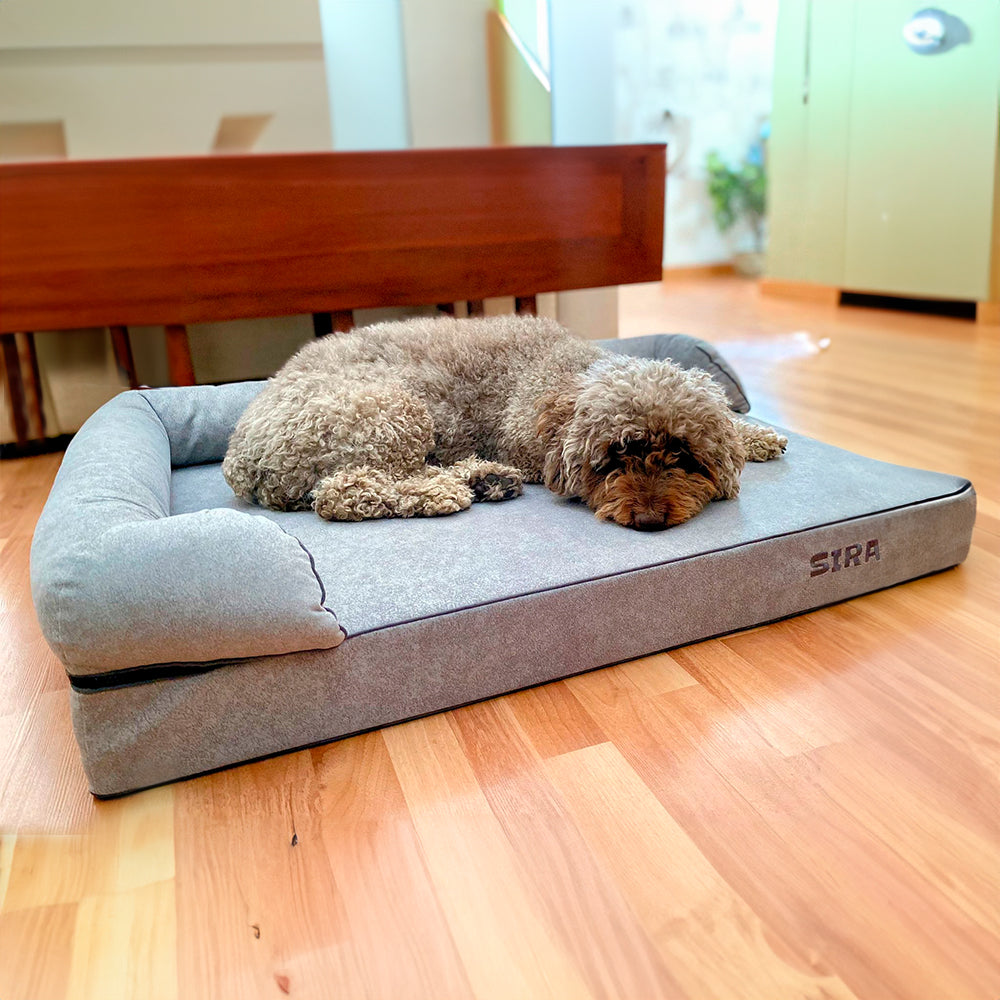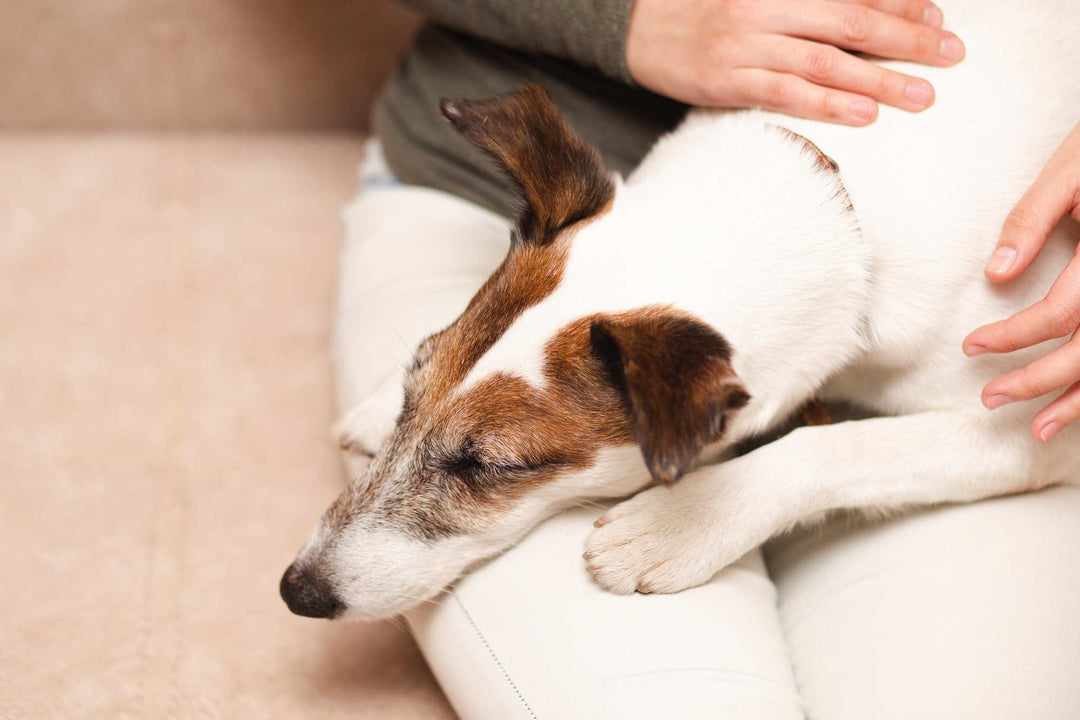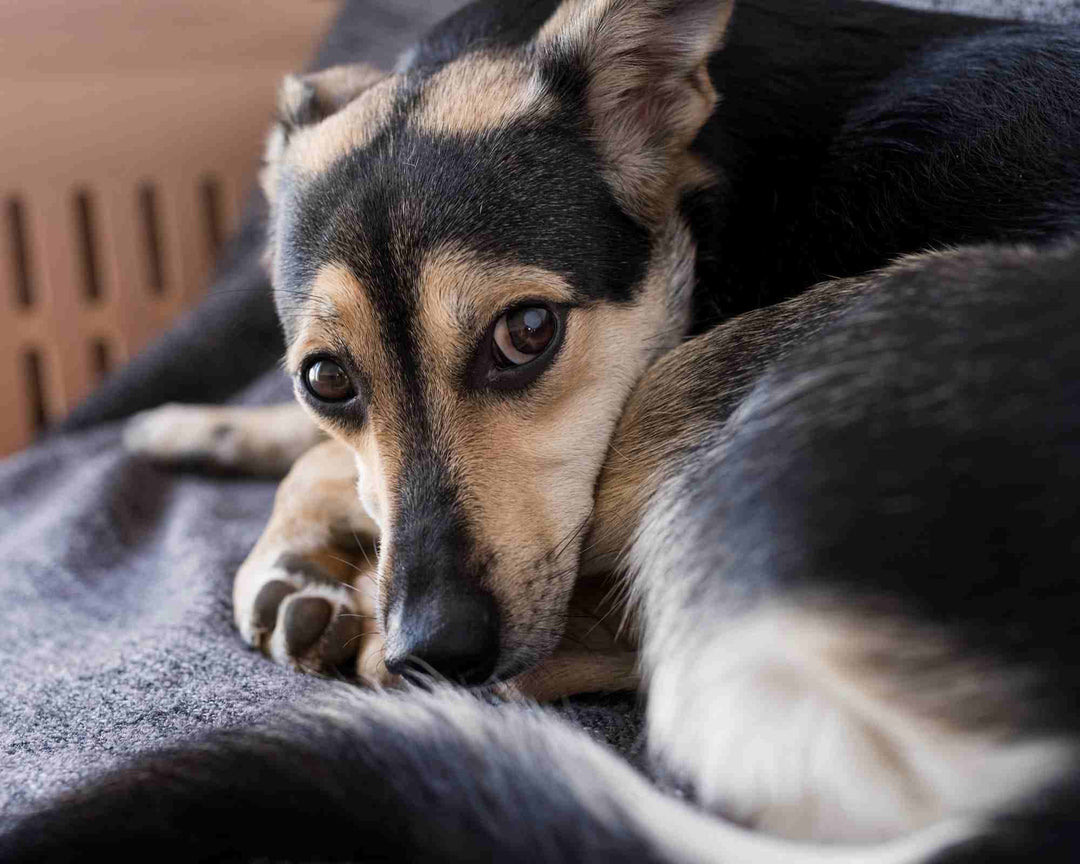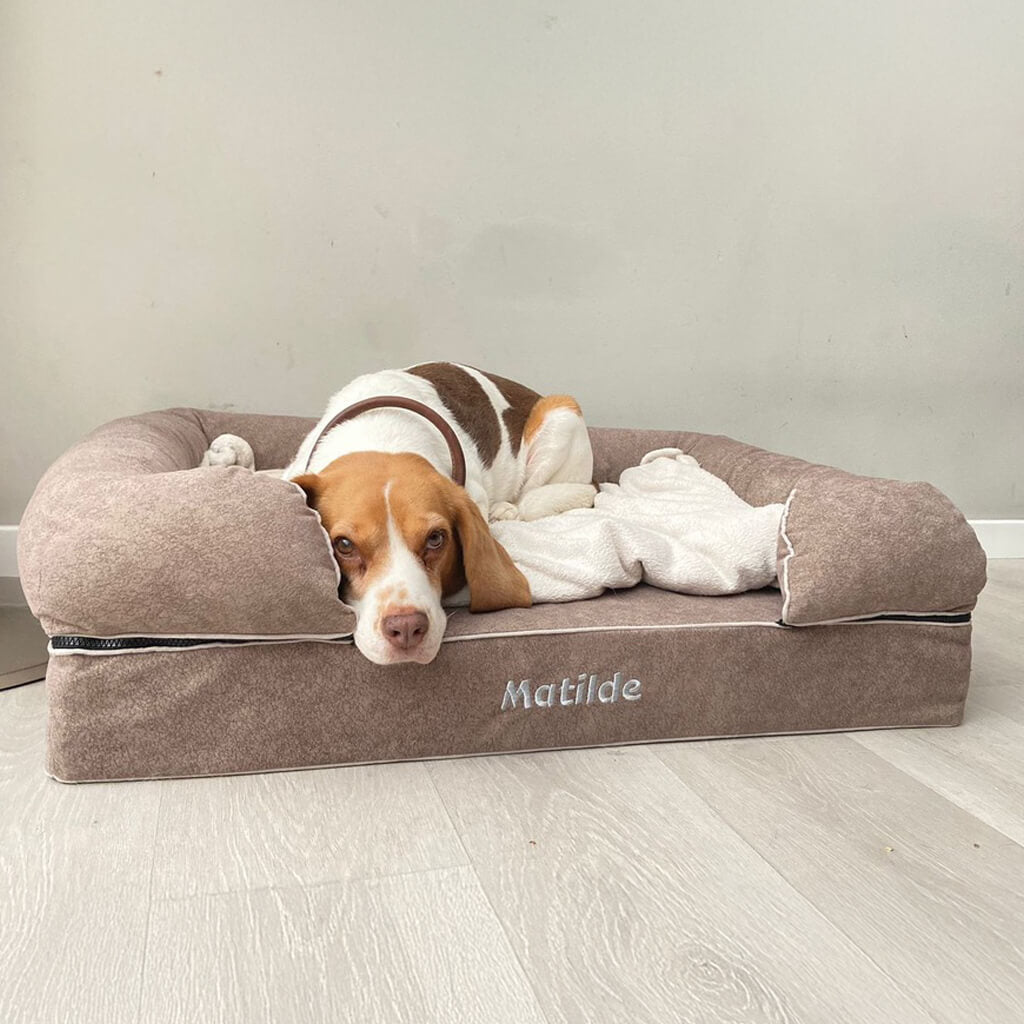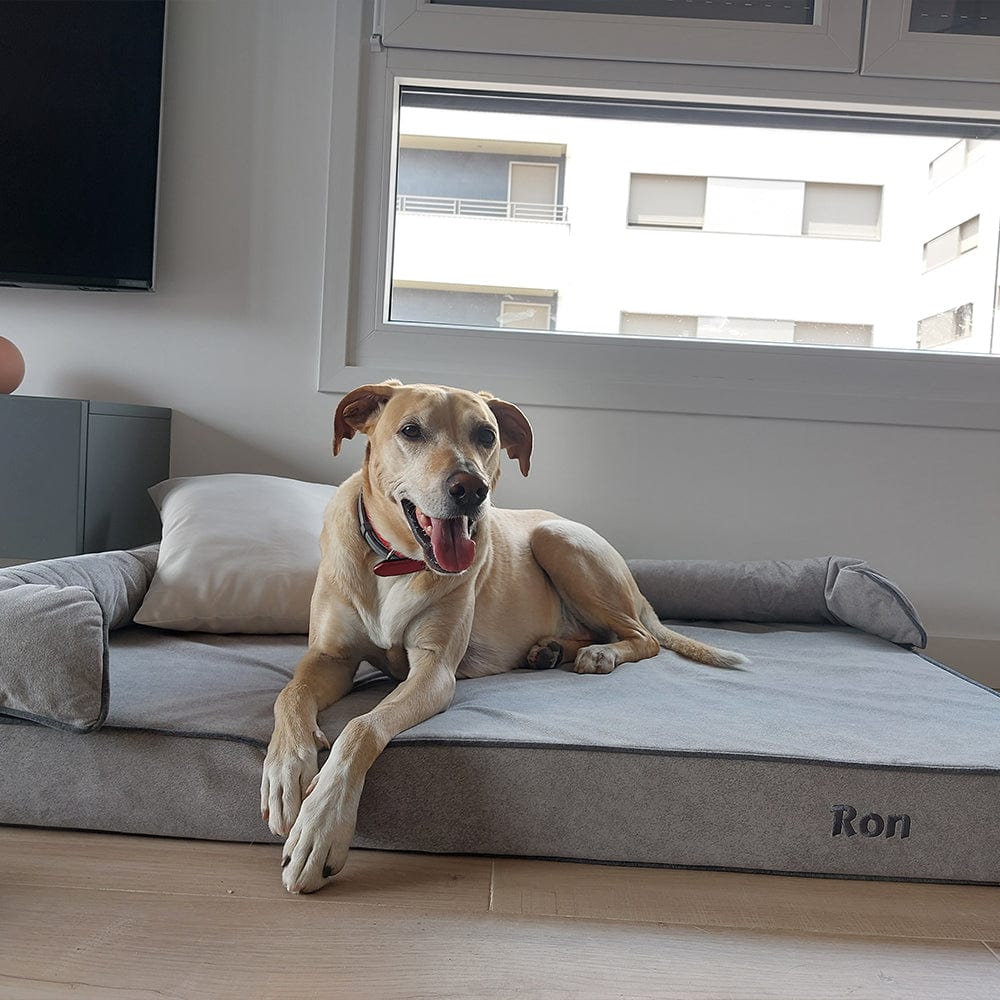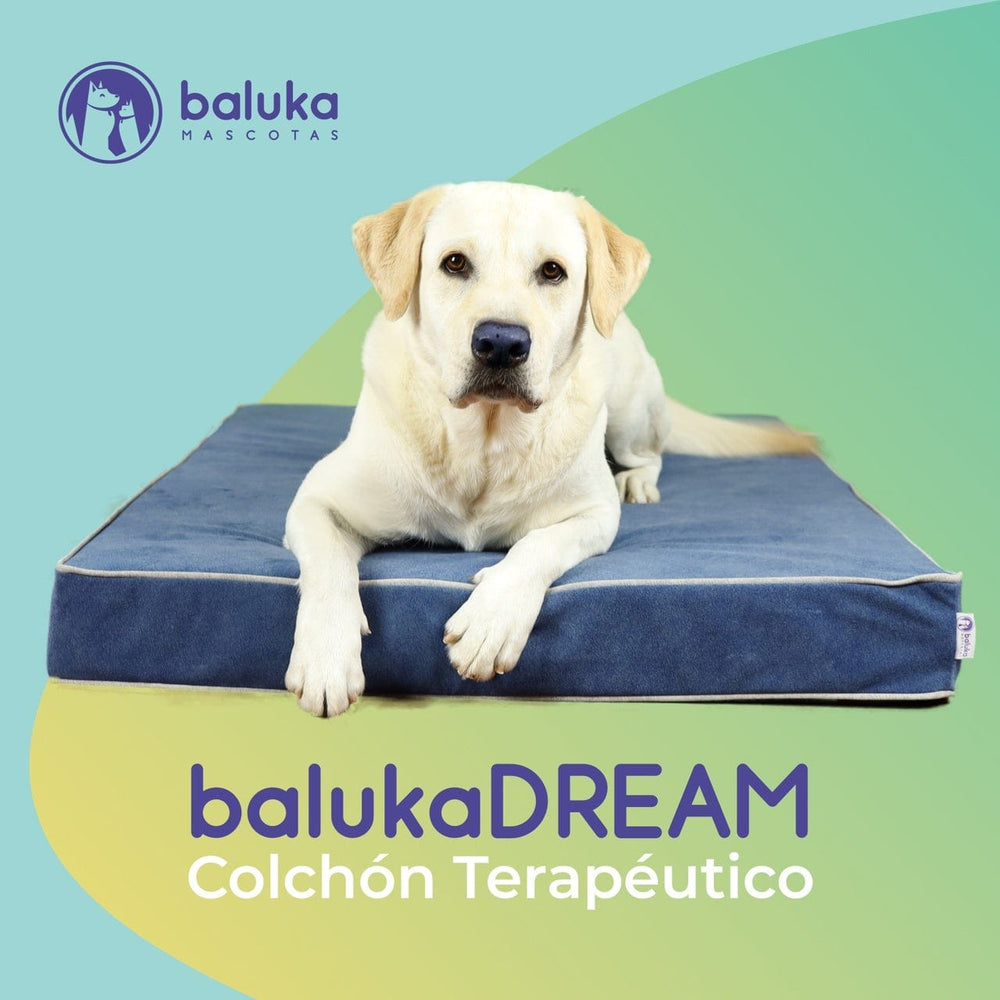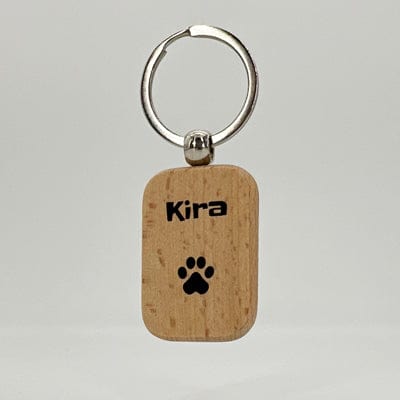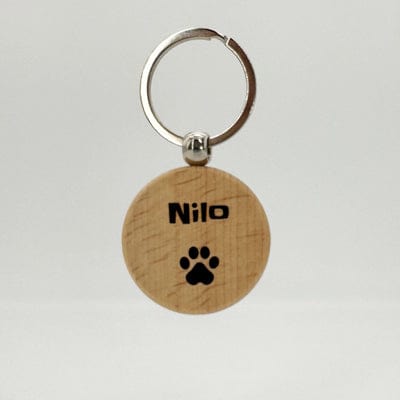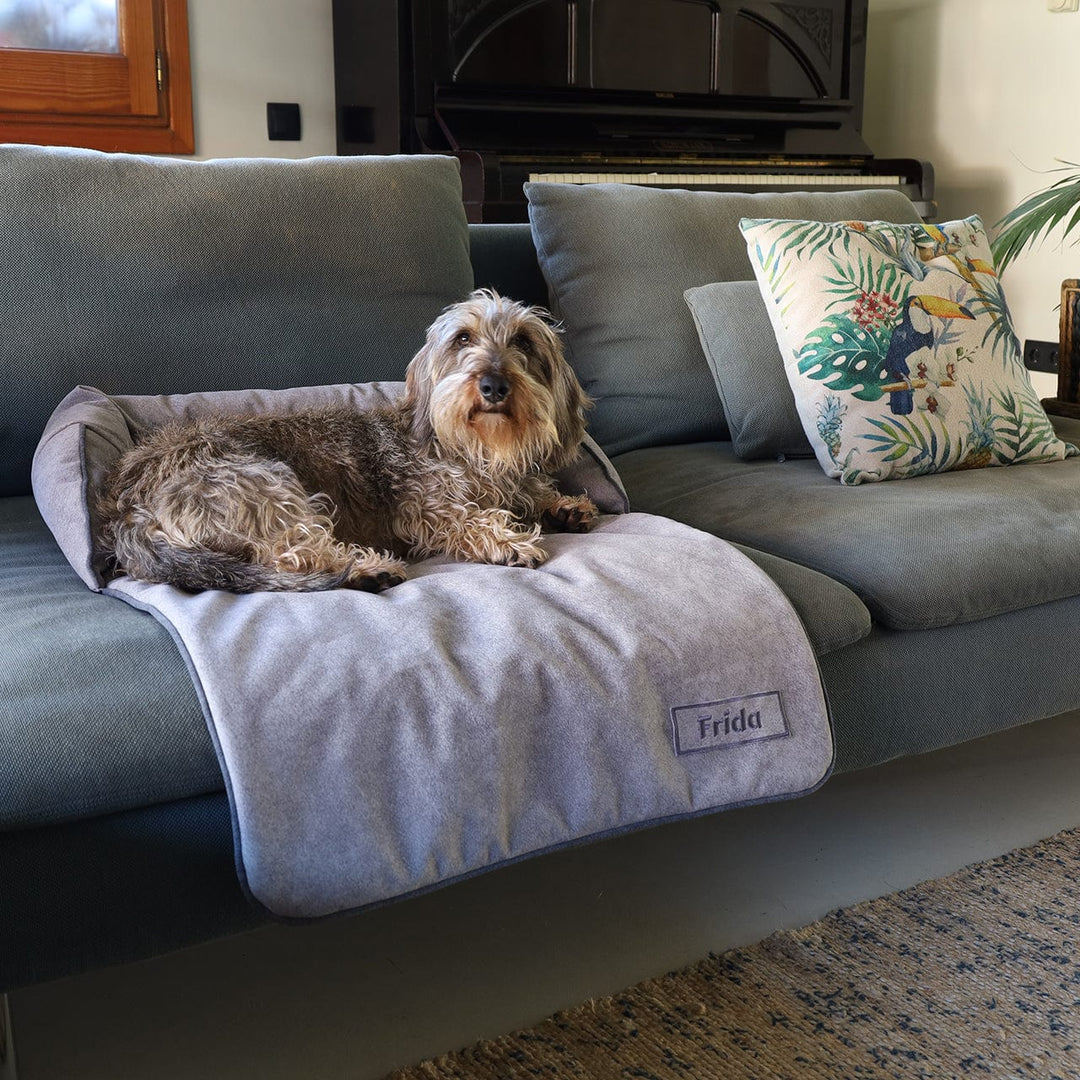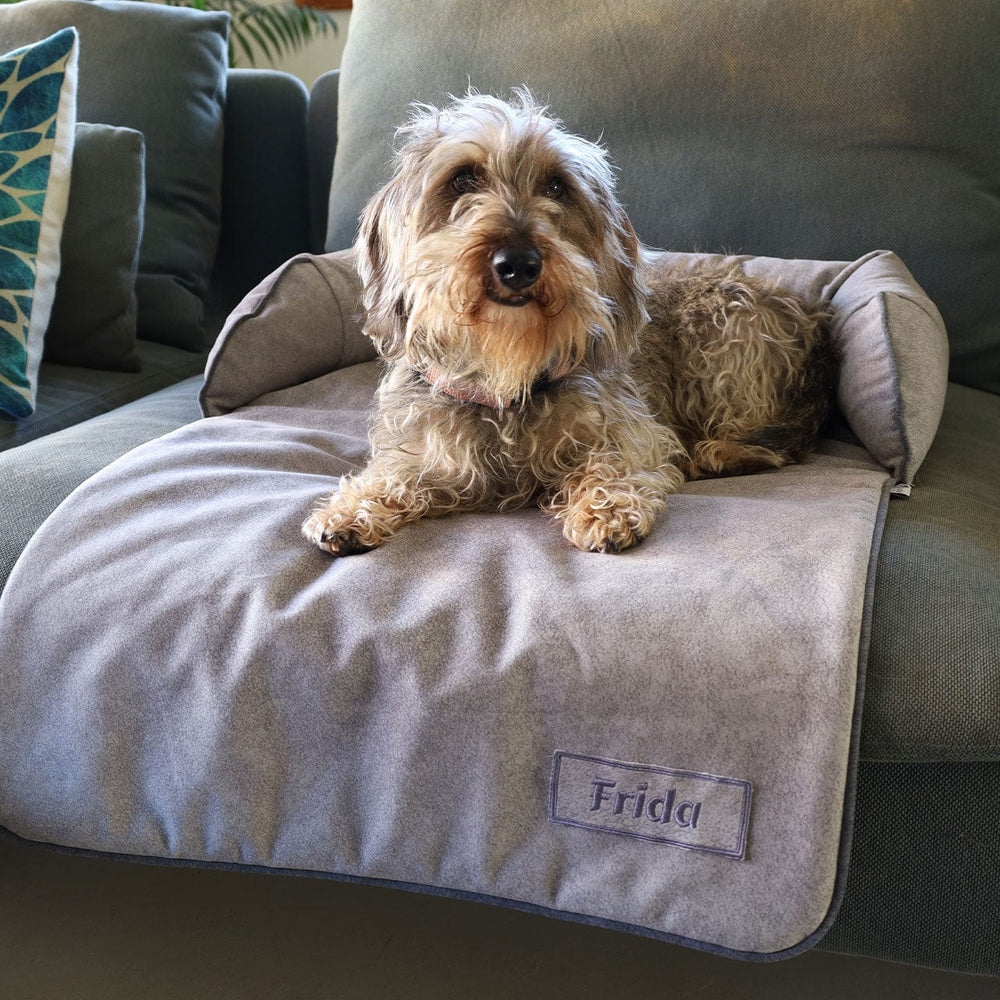Just as it happens to people, dogs are also susceptible to flatulence, and it is much more common than it seems. Gases in dogs usually have allergic, pathological or digestive origin, as the most frequent causes. We are going to tell you why our best friends usually have gas and some tricks on how to eliminate gas in dogs.
Reasons why your dog is gassy
Bad eating habits
Gas is a direct consequence of compulsive eating. When dogs eat with a lot of anxiety it is very easy for them to swallow air, and this ingestion is what causes gas. It is a very common cause of flatulence among puppies and young dogs, which tend to pounce uncontrollably on food.
Eating too much is just as harmful as eating fast. You should know that dogs tend to eat everything on the plate. They are not like cats, much more prone to self-control of food. Try to leave your dog's bowl full: it is normal for him not to leave anything behind! If your dog eats too much, he will be exposing himself to episodes of flatulence.
It is also very likely that a dog will swallow air if he has been sucking or chewing for a long time on an object (his own toys, for example). This practice also denotes certain anxiety and, logically, also triggers flatulent processes.
A very effective solution is to place the dog's food in a special feeder (slow ingestion), so that the food is dispensed very slowly, preventing the dog from ingesting large quantities all at once and forcing him to chew rather slowly.
Heavy digestion
There are certain foods that are not recommended for dogs, as they cause great difficulties in their digestive processes. Beyond the way of eating (a gluttonous dog will always be more prone to suffer from gas), certain types of food should be avoided.
If ingested in large quantities, they can cause digestive difficulties that later translate into flatulence. We are talking about foods rich in carbohydrates, feed with a lot of flour from cereals (soy, rice, corn) and, in general, poor in animal protein. All these foods provoke a high fermentation in the stomach, which causes gas.
It is very important to pay attention to the quality of the dog's food to avoid suffering from gas. In addition to supplying feed of the highest possible quality, it is highly recommended to provide a food supplement to reduce flatulence.
This is the case of the Baluka vitamin complex, rich in turmeric, a powerful anti-inflammatory that also has great digestive properties. Turmeric contributes to the creation of gastric and bile juice, protects the dog's liver and promotes the production of intestinal flora.
These properties make turmeric one of the best home remedies for colic in dogs, along with the supply of probiotics (to keep the intestinal flora populated) and the obvious fasting (to help the dog's digestive system cleanse).
Allergies
Additionally, there are other foods that are not only not recommended for dogs, but can trigger allergies, i.e. disproportionate responses of the immune system to an external stimulus (in this case, food). We are no longer talking about a heavy digestion, but an abnormal reaction of their bodies to the ingestion of certain foods.
Food allergies usually manifest themselves in abdominal swelling and redness and rashes on the skin. Some foods that cause these characteristic reactions in the vast majority of dog breeds are eggs, chicken, cereals, fish and dairy products.
To find out which foods cause allergies in dogs, it will be essential that you consult your veterinarian, as there is no general rule. Even so, the ones we have mentioned in the previous paragraph are among the best known. The most important thing is that you know what foods your dog is allergic to so that you always avoid them in his diet.
Sedentary lifestyle
If a dog is not used to exercise it will be more prone to gas. Dogs that frequent physical activity or practice it with some regularity, on the other hand, will tend to suffer from this problem to a lesser extent.
However, it is not advisable for your dog to exercise right after eating. Flatulence will almost certainly appear, even if the ration and quality of its food have been adequate.
Pathologies
Additionally, there are some diseases that manifest themselves in the concentration of air and swelling in the abdominal area. They are usually due to infections by intestinal parasites, which end up causing the dog to generate gas and not be able to expel it by itself.
Gas in dogs is usually a consequence of bad eating habits, such as eating too fast or in too large portions, or eating potentially allergenic foods or foods that make digestion difficult. Reordering these habits and accompanying the food with a food supplement that helps the digestive processes will help to prevent your dog from suffering from gas.






